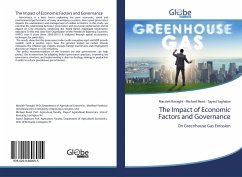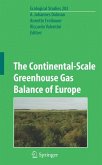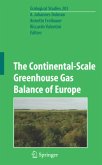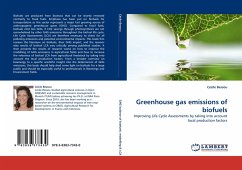Governance is a basic factor explaining the poor economic, social and environmental performance of many developing countries. Since good governance impacts the environment and management of carbon emissions, in this study, we examine the relationship between governance and economic performance and its impact on CO2 emissions, employing the World Bank's Aggregate Governance Indicators. To this end, data from Organization of the Petroleum Exporting Countries (OPEC) over 8 years (from 2006-2015) is analyzed through spatial econometric techniques for panel data. The results show that the governance index (with a negative sign) and GDP growth variable (with a positive sign), have the greatest impact on carbon dioxide emissions. The inflation rate, exports, imports, foreign investment, and employment also have an impact on CO2 emissions. The policy recommendations of this research are that governments can help protect the environment by adopting better governance practices, improving the governance structure, and implementing a clean technology strategy in production in order to reduce greenhouse gas emissions.
Bitte wählen Sie Ihr Anliegen aus.
Rechnungen
Retourenschein anfordern
Bestellstatus
Storno








